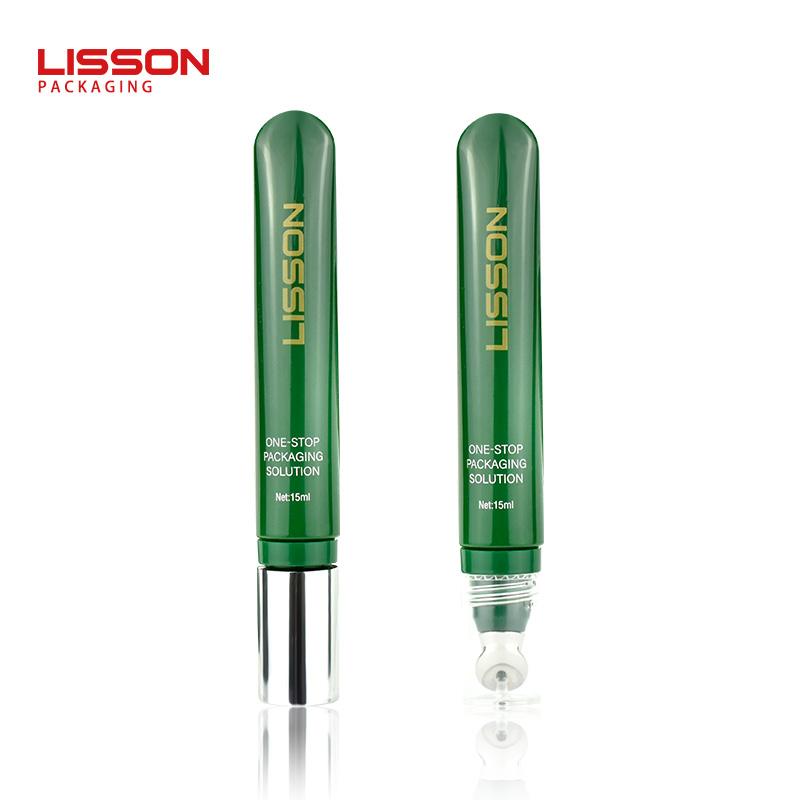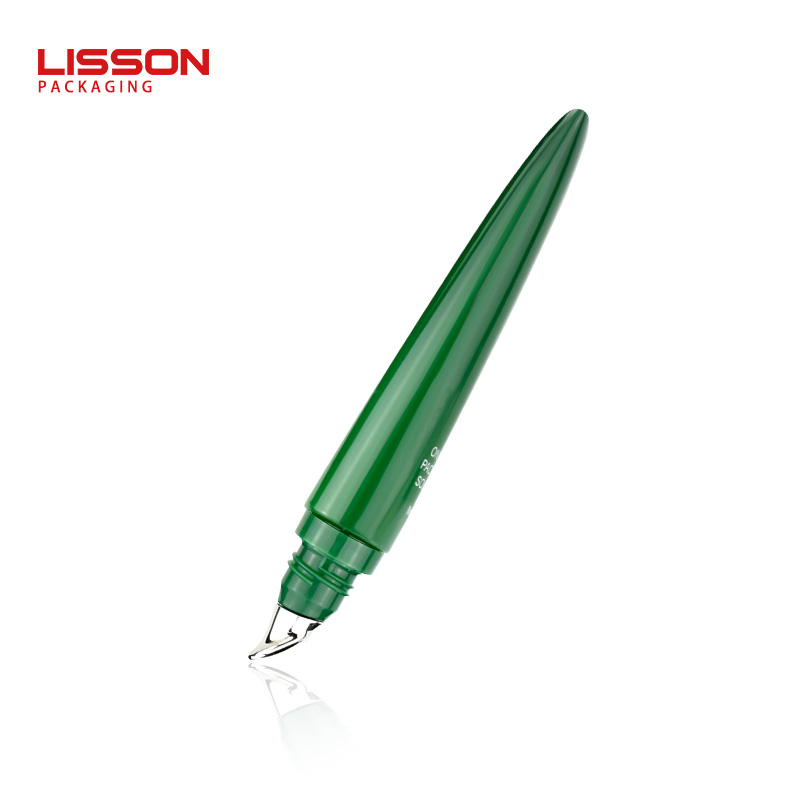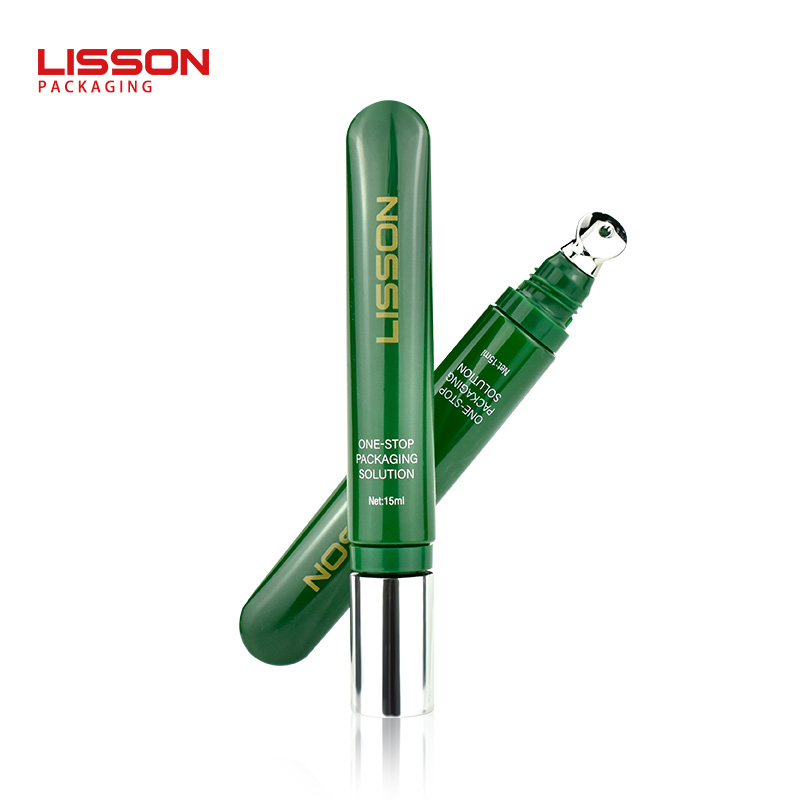Choosing the right cosmetic tube supplier is a critical decision for any beauty brand — whether you're launching a new skincare line, scaling your cosmetics business, or looking to improve your current packaging. Cosmetic tubes not only hold your product; they reflect your brand identity, customer experience, and sustainability values.
The cosmetic packaging market is saturated with options, and not all suppliers deliver the quality, compliance, or service you need. Before locking in a bulk order or long-term contract, it’s important to do your homework. Below are 10 essential questions to ask a cosmetic tube manufacturer before signing any deal — to ensure you're making an informed, strategic choice.

1. What Materials Do You Offer, and Are They Compatible With My Formula?
Not all cosmetic tubes are made from the same materials, and the one you choose needs to be compatible with your product formulation. Ask the supplier about the materials they offer, such as:
l PE (Polyethylene): Common for creams and gels
l ABL/PBL (Aluminum Barrier Laminate / Plastic Barrier Laminate): Great for toothpaste and sunblock
l PCR (Post-Consumer Recycled plastics): Eco-friendly option
l Sugarcane bio-resin or biodegradable materials: For sustainable brands
Also, confirm whether these materials are FDA-approved, BPA-free, and suitable for active or sensitive formulations. A mismatch in material and formulation can result in leaks, discoloration, or degradation over time.
2. What Are Your Customization Options?
Today’s consumers expect not just a good product, but an aesthetically pleasing experience. Your cosmetic tube is part of your branding — and customization is key.
Ask the squeeze tube supplier about:
l Shape & Size Variations: Tube diameter, length, and volume (e.g., 10ml, 30ml, 100ml)
l Cap Styles: Screw caps, flip tops, airless pumps, metal applicators
l Print Capabilities: Silk screen, offset printing, digital printing, hot stamping, and embossing
l Finish Options: Glossy, matte, soft-touch, metallic, or frosted
Confirm if your design team can provide the print files or if the supplier offers in-house design support. The ability to personalize your cosmetic tube gives your product a competitive edge in the market.

3. What Is Your Minimum Order Quantity (MOQ)?
MOQ is crucial for budget planning — especially for startups or small-batch brands.
Clarify:
l What’s the MOQ for custom vs. stock tubes?
l Does the MOQ vary depending on material or decoration style?
l Can you provide low-MOQ options for testing or seasonal launches?
Some suppliers cater to large-volume clients only, while others offer lower MOQs (5000–1,000 units) for indie brands. Knowing this upfront helps prevent misaligned expectations.
4. What Is the Lead Time for Sample Production, Mass Production, and Shipping?
l Timing matters — especially when you're launching new products or restocking inventory. Break this question into three parts:
l Samples: How long to produce and ship customized samples?
l Mass Production: What's the average production window (e.g., 25–45 days)?
l Shipping: Do they ship by air or sea? What are estimated transit times?
Also, ask about peak season delays, Chinese New Year closures, or backup suppliers in case of emergencies.
5. Can You Provide Physical Samples Before Final Approval?
Before committing to a bulk order, it’s essential to review the quality firsthand. Request stock samples to evaluate general quality, and pre-production samples (with your artwork, size, and finish) for final approval.
l Use this checklist while reviewing samples:
l Print clarity and accuracy
l Tube material thickness and flexibility
l Cap fit and seal performance
l Overall feel in hand and usability
Your packaging should reflect your brand quality standards. Seeing is believing.

6. What Quality Control Measures Do You Have in Place?
A trustworthy supplier will have clear quality control (QC) procedures for every production stage. Ask them:
l Do you inspect every production batch?
l What certifications do you hold? (e.g., ISO 9001, GMP)
l What’s your process for dealing with defects?
l Will you replace or refund faulty batches?
Request a QC report or past case study to understand how they handle potential issues. This helps ensure consistency and avoid costly post-production problems.
7. What Certifications or Testing Reports Can You Provide?
Your cosmetic packaging must comply with international safety and environmental regulations. Ask the cosmetic tube supplier to share:
l FDA-compliance or EU Cosmetic Regulation (EC) No. 1223/2009
l RoHS, Reach, or CA Prop 65 compliance
l Material Safety Data Sheets (MSDS)
l SGS, Intertek, or TÜV testing reports
Certifications show that the tubes are safe, non-toxic, and environmentally responsible, which is critical for both consumer trust and regulatory requirements.
8. What Is Your Pricing Structure and Payment Terms?
Transparency in pricing avoids surprise costs later. Ask about:
l Unit price based on different order volumes
l Additional charges for custom molds, printing plates, or artwork setup
l Payment terms: Do they require 30% upfront? What are the final payment and shipping schedules?
l Do they accept international payments or offer financing options?
Also, inquire about discounts for bulk or recurring orders. Clear financial terms help you plan better and stay within budget.

9. Do You Offer Logistic Support, Including Customs Clearance?
Many suppliers go beyond production and assist with shipping and customs clearance. Ask:
l Can you arrange door-to-door shipping or just FOB/EXW?
l Do you provide DDP (Delivered Duty Paid) service?
l Can you help with customs paperwork and import regulations?
This is especially helpful if you don’t have a freight forwarder or are new to international trade. A supplier who handles logistics can save you time and stress.
10. What Is Your After-Sales Support Policy?
Good suppliers don’t disappear after the shipment is delivered. Ask:
l How do you handle issues like damaged or incorrect shipments?
l Do you provide ongoing support for reorders or seasonal updates?
l Is there a dedicated account manager for communication?
Reliable after-sales support ensures you’re not left on your own when issues arise — building a long-term, successful partnership.
Partnering with the right cosmetic tube supplier is more than just securing a price. It’s about ensuring quality, customization, flexibility, and trust — all essential for building a beauty brand that lasts.
By asking the 10 questions above, you’re equipping yourself with the information needed to make a confident, strategic, and risk-aware decision. Your wholesale cosmetic tube isn’t just functional — it’s the face of your brand.
Copyright © 2025 Guangzhou Lisson® Plastic Co.Ltd | All Rights Reserved.
Hello, please leave your name and email here before chat online so that we won't miss your message and contact you smoothly.